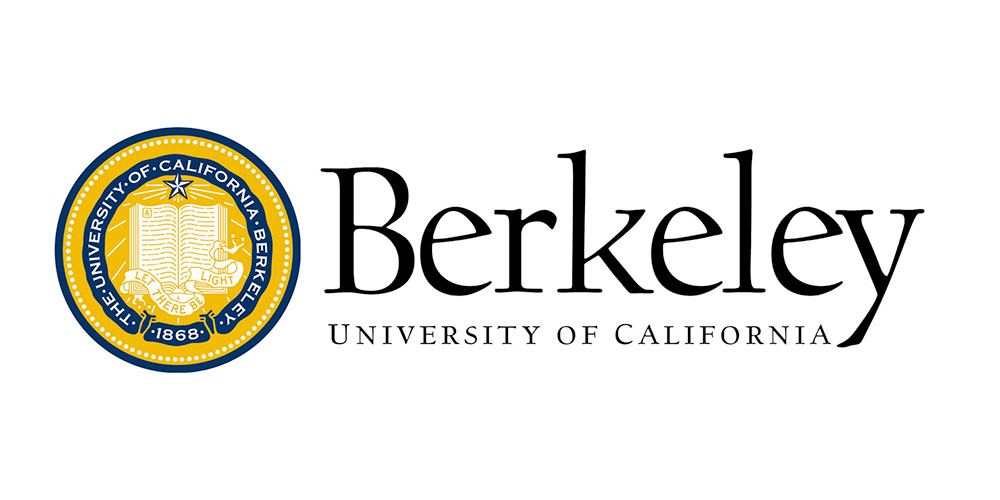
Neuroanthropology
What is Neuroanthropology?
Neuroanthropology is an interdisciplinary field that bridges neuroscience, psychology and anthropology. Its aim is to delve into the underlying mechanisms contributing to the formation and evolution of cultures, as well as the diverse societal environments that humans create and inhabit. Moreover, neuroanthropologists investigate how environmental stimuli can modify biological and psychological functions such as perception, cognition, memory, and emotion. Practitioners in this field make extensive use of neuroimaging techniques to gain a clearer understanding of the specific brain activities associated with various cultural practices. However, they do not limit themselves to the physiological aspects alone. Recognizing the importance of cultural context, neuroanthropologists also utilize common ethnographic methodologies, including fieldwork, participant observation, and in-depth interviews. In doing so, they attempt to view the brain not as an isolated entity, but as an organ as socially contingent and malleable by environment and culture as humans themselves.
Neuroscience of Anthropology
In addition, Anthropology of Neuroscience is a field that delves into how neuroscientific findings intersect with cultural and social dimensions of human life. Practitioners in this field address the concerns of natural and social scientists alike by investigating how neuroscientific knowledge and practices affect social behaviors, identity perception, social connection, cognitive diversity, and cultural interaction. Hence, Anthropology of Neuroscience serves as a bridge between neurobiological discovery and its impact on humanity.
Take a look at the videos below to learn more about neuroanthropology:
In this video Dr. Helen Fisher—a prominent biological anthropologist—details her research centered on love. She seeks to explain this primordial drive by exploring what it is that draws humans together romantically through the lens of brain science, genetics, and field studies.
Learn from Dr. Suman Dua, a Professor at the University of Delhi, as she discusses the fundamentals, application, and interconnectedness of neuroanthropology
What are the pathways to pursuing a career in neuroanthropology?
Anthropologists currently deploy their skills in a variety of professional settings, including museum curation, cultural consulting, and community-based organizing and advocacy. In the future, anthropologists in these contexts may harness neuroscience, but at present such interdisciplinary engagement is uncommon and often self-directed. Established career pathways available in neuroanthropology remain limited, and at present academic research and teaching are the primary ways to explore neuroanthropology. Some potential career paths include:
Academic Researcher
Neuroanthropologists mostly hold roles as leaders in universities or research institutions, often writing books, publishing research findings in academic journals, as well as guiding the next generation of practitioners. A typical day in the life of an academic researcher may include: analyzing data, publishing articles, submitting research grant proposals, and teaching classes related to their area of study. Most academic researchers hold a Ph.D. in a closely related subject, such as psychology, anthropology, or neuroscience.
Corporate Anthropologist
Similar to traditional corporate advisors, a neuroanthropologist can aid individuals, businesses and nongovernmental organizations in unraveling the profound influences of cultural practices and beliefs on cognition and behaviors. However, with the burgeoning advancements of brain science, neuroanthropologists hold a unique perspective by being able to incorporate sought after neurological insights into their analyses. The educational and professional qualifications of advisors can vary, but a firm understanding of linguistics, neuroscience, psychology, and anthropology is often critical.
Museum Curator/Collections Manager
Many anthropologists across all academic and professional subfields of anthropology find themselves working in museum settings. Museum curators are responsible for the collection, maintenance, and presentation of artifacts by their affiliated institution. Depending on the collection, a neuroanthropoligst may find themselves variably involved in academic research, archaeological or field expeditions, public communications, or logistical management and installation of exhibits. This variety allows significant leeway for a neuroanthropologist to involve themselves in interdisciplinary engagement with neuroscience in their research, their field engagements, or even the content of their curation.
Civil Servant
In a government role, neuroanthropologists enlighten organizations about the intersection of culture and biology. Their work is pivotal in addressing complex issues in international development, intercultural communication, health, and education through the lens of cultural understanding. Both in the federal and local government, jobs in this field can range from a Forensic Anthropologist. to a Refugee Services Administrator. Anthropology-related positions in the government tend to require a master’s degree at minimum, however the specific qualifications required may vary based on the organization and the nature of the assignment.
Cultural Consultant
Cultural consultants are hired professionals who provide insight into the language, history, economy, and culture of their area of expertise to inform work in a variety of other academic and professional fields (media, nonprofits,
Education in Neuroanthropology
Neuroanthropology is an emerging field with limited specialized programs currently available. Currently there are no undergraduate or PhD degrees in “neuroanthropology”. However, scholars and practitioners have found success in this field by capitalizing on their interdisciplinary educational backgrounds, often rooted in conventional areas of study, as detailed below.
- Undergraduate: At the undergraduate level, those interested in neuroanthropology may want to gain exposure to neuroscience, psychology, cognitive science, anthropology, linguistics and sociology.
- Graduate: At the graduate level, one could pursue Masters or Doctoral training in anthropology (with a specialty in neuroscience or psychology).
Learn more about neuroanthroplogy:
Neuroanthropology.net
In this article, leading neuroanthropologist Greg Downey discusses the interplay between human evolution and culture, highlighting a new project funded by the John Templeton Foundation. He emphasizes the blend of biological and cultural influences in shaping humanity and urges a holistic understanding beyond viewing culture as mere mental information.
Business News Daily
This article by Business News Daily delves into the intricacies and importance of anthropologists in the business sector. Emphasizing the ability of these specialized advisors to provide novel perspectives that enable business to refine market strategies, connect with customers, and much more.
Programs in neuroanthroplogy:
University of California Berkeley
This PhD Program in Medical Anthropology is one of the pioneering programs in the discipline both nationally and globally. Offered conjointly between UCB and UCSF, this program uniquely provides interdisciplinary training in medical anthropology; psychiatric and psychological anthropology; health, intersections of medicine and social theory; innovative ethnographic scholarship and more.






